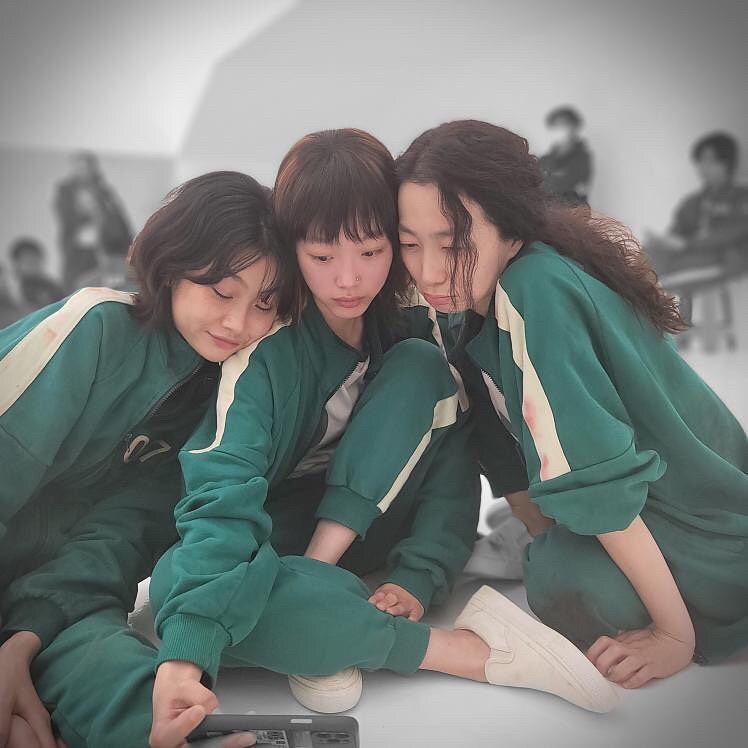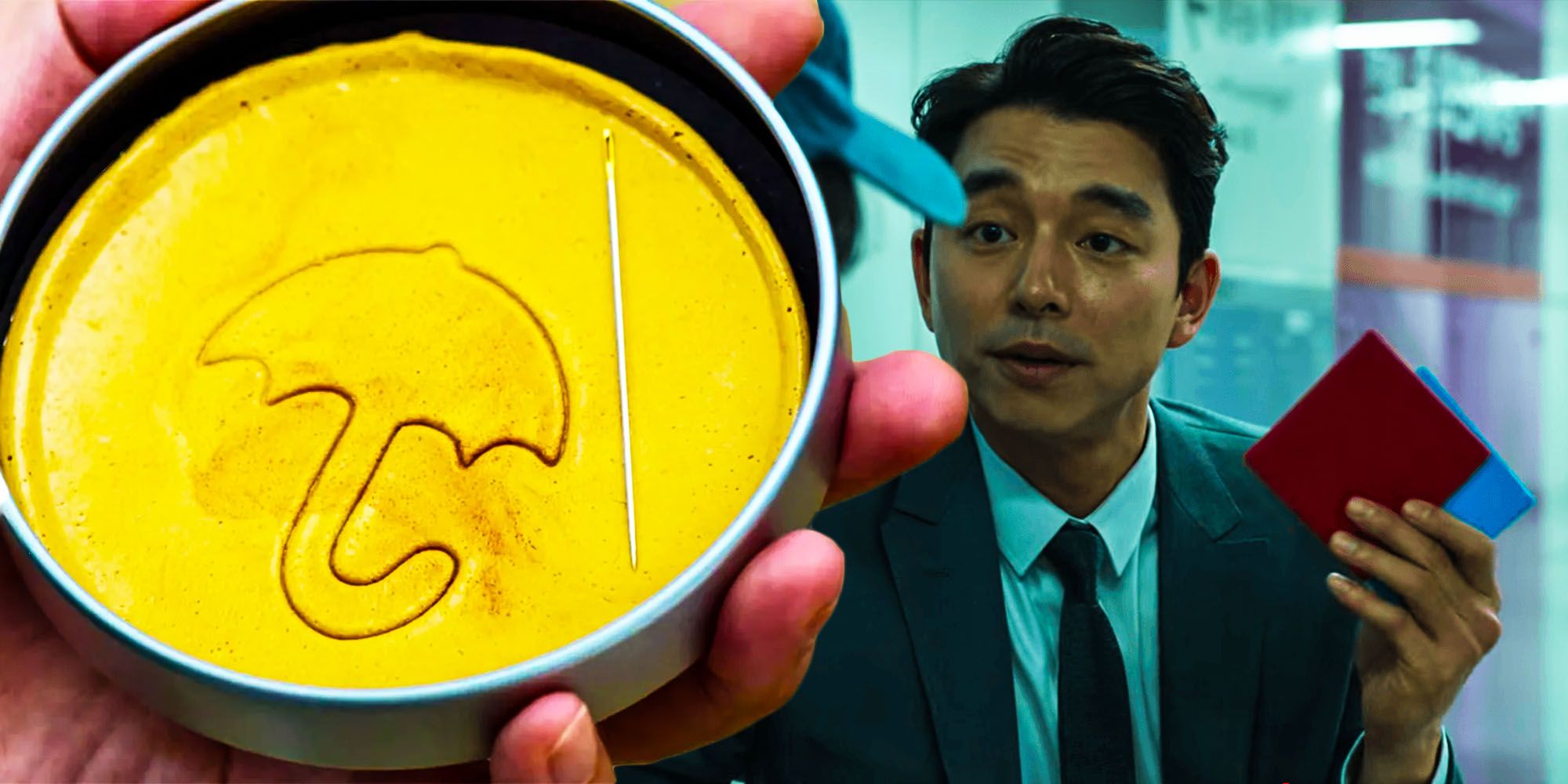The South Korean series Squid Game has enthralled a global audience, delving into a grisly world where financial desperation drives people to partake in a deadly tournament. This show reveals the stark power struggles between the players, who are desperately trying to survive, and the game organizers, who wield absolute control over the game and its participants.
The power differential is manifest from the beginning. Players, lured by the opportunity to solve their financial woes, find themselves in a predicament where their lives are subservient to the whims of the game organizers. These organizers function with impunity, hidden behind masks and unidentifiable, they orchestrate the terms of the game with a cold, calculated indifference.
The psychological manipulation employed by the game organizers intensifies the power imbalance. They instill fear and distrust among players, forcing them to view each other as competitors rather than allies. This manipulation is a strategy to keep the players concentrated on the immediate challenges, distracting them from questioning the morality of the game or organizing against the organizers.
Additionally, the environment of the game itself is crafted to emphasize the dominance of the organizers. Cameras capture every move, massive piggy banks hang above, and iconic sets replicate childhood games, all acting to remind players of their vulnerability and the absolute authority of the organizers. This setting creates a world where the usual rules of society do not apply, and where the game organizers rule supreme.


Despite this clear power imbalance, the series also showcases moments of player agency and resistance. Together, players forge alliances and formulate strategies that illustrate their ability to fight back. These moments of communal support and ingenuity prove that while the game organizers may control the environment and rules, they cannot completely dominate the human spirit.


Ultimately, Squid Game TV series facts presents a fascinating exploration of power dynamics that transcend the boundaries of its narrative. It questions viewers to consider the nature of desperation and the lengths to which people will go when driven to their limits. Moreover, it critiques the societal systems that produce such inequalities in power, asking if the real game is outside the world of fiction.
In summary, Squid Game is much more than a simple survival drama. It is a deep study of the power imbalances that shape our world and the human spirit's capacity to challenge them.
